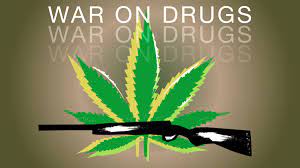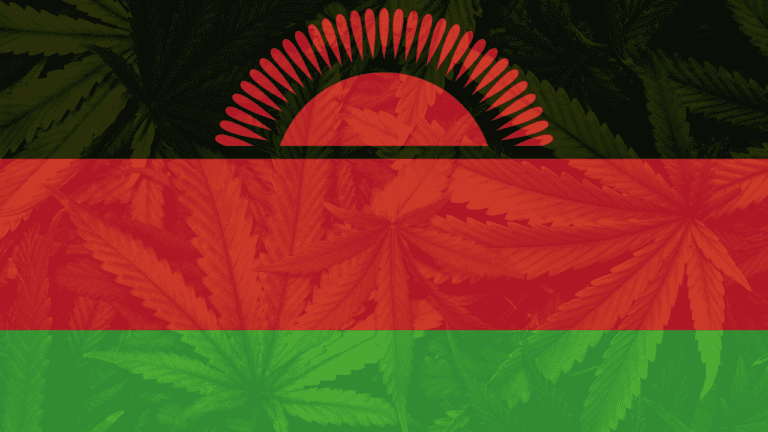
The War on Drugs began to fight drug abuse and crime but shifted to enforcement and punishment over time. It involved strict drug laws, increased law presence, and punitive measures, including arrests, imprisonment, and asset seizure.
Critics say it didn’t work and created problems:
- High Incarceration Rates: Many non-violent drug offenders, even those with minor possession charges, got long prison sentences, crowding jails.
- Drug-Related Violence: This approach led to drug cartels, violence, and disputes over territory in drug-producing areas.
- Public Health Neglect: Focusing on punishment ignored public health solutions, like harm reduction, treatment, and support for drug addiction.
- High Costs: The government spent billions on law enforcement, incarceration, and drug interdiction instead of prevention, treatment, and social programs.
- Racial Injustice: Critics argue that drug laws disproportionately affect minority communities, leading to disparities in arrests and sentences.
Recent drug policies shift towards decriminalization, legalization, and harm reduction, focusing on public health and regulation instead of strict punishments.








